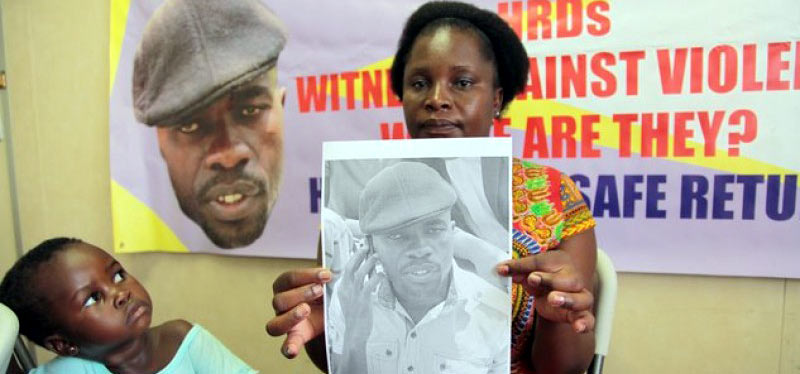Academic and political analyst Alex Magaisa has criticised the government of Zimbabwe for its response to the European Union’s statement on the disappearance of journalist-cum-human rights activist, Itai Dzamara.
Dzamara was abducted on the morning of 9 March 2015, by five unidentified men while at a barbershop in Harare’s Glenview suburb. He remains missing to this day.
Responding to a statement by government spokesperson Ndabaningi Nick Mangwana, who had said “… It is therefore diplomatically unhelpful and misleading [for the EU] to insinuate that Government does not intend to shed light into Mr Dzamara’s disappearance, as if it had a hand in it”, Magaisa wrote on Twitter:
It says a lot about the regime that the only reason it’s mentioning Itai Dzamara on the anniversary of his enforces disappearance is as a reaction to a statement by the EU. Otherwise, it would have passed as if it’s a non-event. It’s more worried about how foreigners perceive it.
As if that weren’t enough Secretary Nick Mangwana adds salt to the Dzamaras’ wound by saying Itai “went missing” when it’s public knowledge that he was abducted. That is an inconvenient fact which sticks on the throat of the regime as to mention it would be too embarrassing.
Secretary Nick Mangwana calls it “Mr Dzamara’s disappearance” when it’s public knowledge that it was an enforced disappearance. The two are very different legal concepts and should be treated as such. The Secretary is trivialising the circumstances of the alleged.
If the government is treating the matter as one of a person who merely “went missing”/“disappeared” without the abduction and enforced nature it means it’s taking the wrong approach and looking in wrong places which is why it has not made any headway in its “investigation”.



Back to top